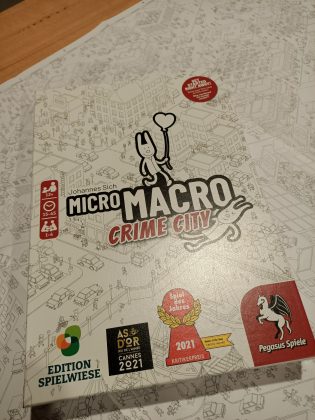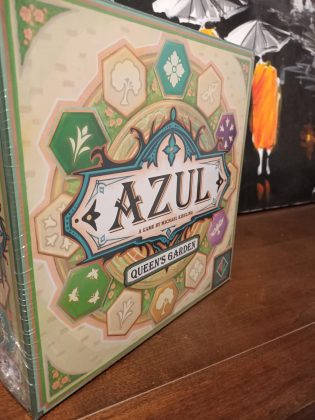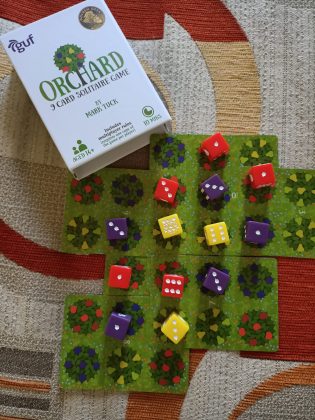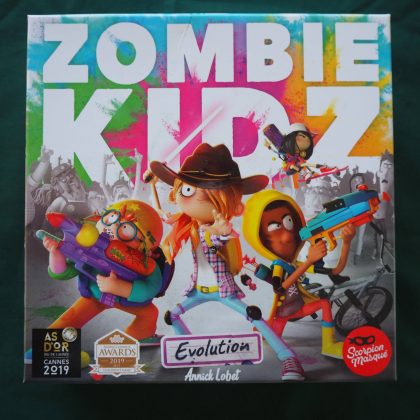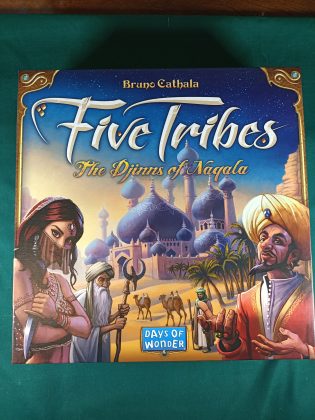I recently reviewed Just One, a simple word/party game that has gained the attention of Board Game media and received both critical and consumer acclaim. I played a heap of this game over the holidays with a bunch of different people and it was always a hit.
Another game that hit the table this holidays was The Game of Things, a similar word/party game from 2002 that did not receive much positive acclaim at all and currently sits lower that 3500 in the BGG rankings. This is pretty alarming considering thay Just One, a similar game, is well within the Top 500.
So what went wrong? Sometimes subtle differences are the problem for a game this simple, just a slight rules tweak or a feeling that it isn’t running smoothly enough. But what specifically is it for Things?
The Game
The Game of Things is a simple word game, a cue card is revealed by The Reader (changing each round) and each player answers the question on a slip of paper. The Reader then reads all the responses, including their own and then the person to their left guesses who wrote what. If you are matched to your answer you are eliminated for the round. Players must remember the answers until the answers have gone around the group once, at which point they can be repeated once.
What went wrong?
I have to break this down into two parts, the game itself and also the other factors. This game was released by Hasbro and Parker Bros in many parts, so was given the best chance to succeed given the exposure to big box stores.
Game Factors
- This is a pure guessing game with no other reference you are expected to know what someone else wrote;
- Elimination plays a part in this game. A party game that eliminates people seems to fly totally in the face of the core concept of a party game, especially the way this game does it. If you are guessed, you are out of the round making it hard to ever catch up with scoring;
- The memory element is useless and means that some players (in a party environment) may not have heard the answers, or may not have a great memory. You know what? Tough luck, you can hear them again after a round of the table, at which point you may well have been eliminated.
Other Factors
My copy of the game came in a chunky wooden box with a plastic insert. It was simply too heavy and unwieldy for a game that is essentially some cards and scoring and answer pads. I don’t see why the decision was made to put it in a box like this, but it’s definitely not a selling point.
Another bizarre point is that the makers had patented the word ‘Things…’ and were sending cease and desist letters to any other maker who was making a game with the word ‘Things..’ in the title. Although this was several years after the release, it seems to be a rather aggressive strategy towards designers in the same field for a word that is very common.
Is it a Forgotten Gem?
Sometimes a game gets released at the wrong time or has a poor marketing plan, or just fails to impress the right people at the right time. Was this the case for Game of Things? Most surely not. There were already word games around at this time (such as Apples to Apples) and I don’t believe that the wooden box presentation added much to the perceived quality of the game overall.
As for the game itself, it’s just not great, the memory component is frustrating and the fun is only there if players are actively trying to be audacious, but that only makes the answers silly and doesn’t really have anything to do with making this into an actual game. My opinion – grab some silly questions off the internet and ask your friends in a roundtable discussion, it will be far more fun than this game.
